Our main article for this quarter is suggesting a very optimistic outlook for our investment style. As the article discusses, there are favorable trends and there are things that could happen to disrupt those trends. A recent Wall Street Journal article highlighted “some good news” in areas that are more commonly treated as problem areas.[1] World population increased by 70 million in 2023, adding to available human capital with consequences for increases in family, relationships, friendships, innovation and prosperity. The global economy, mainly due to the use of fossil fuels, grew 3% in 2023 and is expected to grow almost as much in 2024, with consequences for reducing poverty, increasing available health care and more opportunities for “personal growth.”
Meanwhile, freedom and democracy have green shoots in Hong Kong, Russia and Iran. Learning from experiences negotiating in Northern Ireland, a representative of the European Union’s Peacebuilding Missions said “micro-diplomacies were the most effective element for effectiveness; think small, think of relationships among people their networks.”[2] A national program to reduce violent crime in US inner cities is using the same strategy with amazing success in Kansas City and Boston.[3]
However, evidence-based decision-making is not always adopted. An Americanized version of a Chinese proverb says the person who believes something can’t be done should at least get out of the way of the person doing it. An insight from evolutionary biology is that “stupid or weird ideas are actually more powerful in rallying coalitional solidarity than truthful ones, because truthful ones can be recognized by any rational person. The more biased away from neutral truth, the better the communication functions to affirm coalitional identity.”[4]
So here we are. Good news, good insights, a way to move forward, to progress. What’s in the way? There is a concept called “technical debt,” meaning the “flaws and costs generated when companies try to fix technology problems too quickly.”[5] The combined costs of fixing this technical debt, $2.0 trillion, and of the annual costs for not fixing the problem in “cybersecurity and operational failures, failed development projects and maintenance of outdated systems,” $2.4 trillion, are each substantial.[6] The tradeoff for companies is “building quality in versus getting things out the door quickly.”[7] AI is poised to help with solving the technical debt problem, but managements would be investing in the back office, not a new revenue stream.
The role of passive investing in not holding company managements accountable is being discussed.[8] For active investors, “if you’re going to own things for the long term, you want to be in companies that are going to be around for the long term. That means both selecting stocks and engaging with management.”[9] Passive fund managers, day traders, some hedge funds and adherents of the Endowment Model’s view of large-cap stocks are largely absent. “Capitalism’s theoretical goal of harnessing the wisdom of crowds to ensure the best allocation of capital is at risk.”[10]
The natural asset company (NAC) was proposed by the New York Stock Exchange (NYSE) in a rule change request to the US Securities and Exchange Commission (SEC). “The NAC would purchase the rights to control public and private lands, such as parks, forests, and farms. But the NAC wouldn’t be able to put the land to economic use.”[11] The rule change request was necessitated because “corporations are usually formed to make money.” In this case, the NAC is “noneconomic,” hence the change “to allow their formation.”[12] At least for now, the NYSE has withdrawn their rule change request. As a Wall Street Journal article points out, the sovereign wealth funds of China, Russia, and Saudi Arabia would probably invest to take US assets out of productive use.
On balance, we are looking forward to the next couple of years both for our investment style and for humanity at large.
We know that you are the most valuable business development tool that we have. Your referral of a friend, colleague or family member to us is the most important way that we grow. We thank you for your support and want you to know that we are dedicated to serving your best interest.
William H. Darling, Chairman & CEO
